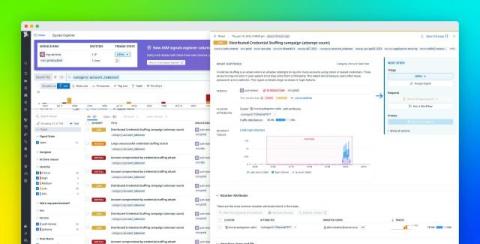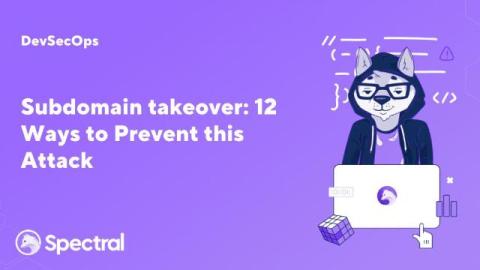10 Attack Vectors to Keep an Eye on in 2025
As the adage goes, time is money, and nowhere does this ring more true than in an evolving threat landscape. The faster companies detect, respond, and recover from data breaches, the better for their pockets. Using AI and security automation to shorten the breach lifecycle has been shown to save $2.2 million more on average compared to not employing these technologies.










